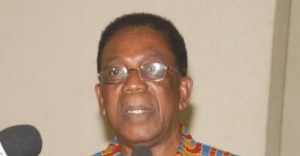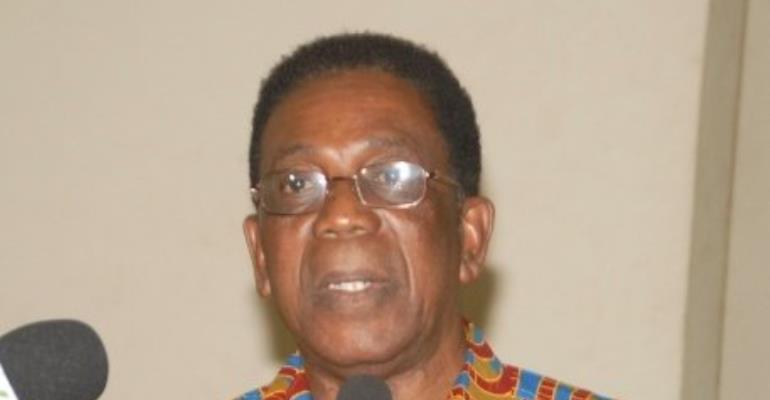 Cape Coast, May 14, GNA – Progression of teachers would no longer be automatic due to long service but based on performance measured against the Teacher Standards developed by the National Teaching Council.
Cape Coast, May 14, GNA – Progression of teachers would no longer be automatic due to long service but based on performance measured against the Teacher Standards developed by the National Teaching Council.
Professor Kwesi Yankah, the Minister of State in Charge of Tertiary Education, made this known during the 10th Congregation of Our Lady of Apostles (OLA) College of Education in Cape Coast at the weekend.
The Teachers’ Standards, the Minister said, would not only change quality of teaching and education but would, most importantly, change the esteem and status of teachers in the country.
He said the move was to make teachers effective, relevant and more responsive to the challenges of education in the 21st century.
‘These standards serve as the code of conduct and guiding principles for teachers in basic schools and it is against these that the teacher’s output will be assessed. Every teacher in Ghana must be familiar with this,’ he said.
The congregation, on the theme: ‘Promoting Quality Teacher Education for Transformation in Basic Schools’ saw 365 students receiving Diploma in Basic Education, Early Childhood Education and Science and Mathematics Education.
Out of the number, five graduated with First Class Honours, 138 Second Class Upper Division, 157 Second Class Lower Division, 63 Third Class and one Pass.
It was attended by chiefs, heads of colleges of education, ministers of state and the Executive Secretary of the National Council For Tertiary Education, among others.
Prof Yankah urged the teachers to make continuous professional development an integral part of their profession because it was the surest way to maintain high level of expertise to enable them to stay afloat and relevant.
Touching on the theme, he said colleges of education would be allowed to admit as many qualified applicants as their available facilities could allow but without compromising quality and standards.
He said interventions such as the Transforming Teacher Education and Learning Project by the Government sought to strengthen the teacher training sector to make it more responsive to the needs of the basic education sector.
Prof Yankah reiterated government’s commitment to improving the lot of teachers and continuous discussions with stakeholders to determine motivations and supports that would make the most impact.
Mr Yaw Osafo Marfo, the Senior Minister, asked teachers to remain good role models as they trained and educated the nation’s future leaders.
He admonished them to stick to their professional role and shun poor work ethics, absenteeism and acts that would denigrate the image of the teaching profession.
He said Ghana needed grassroots teachers who were ethical, committed and self motivated to be able to restore morality and self-discipline in the youth.
Mr Kwamena Duncan, the Central Regional Minister, expressed worry about the poor results of basic schools, the region not an exception, despite the substantial budget allocations made to the sector.
Reverend Sister Elizabeth Amoako-Arhen, the Principal of OLA College of Education, appealed to the Ghana Education Service and the Ministry of Education to assist the colleges of education in fashioning out need-driven in-service training programmes for teachers.
The training, she said, must be planned with the beneficiaries to identify their challenges for adequate solutions to be found.
Reverend Sister Amoako-Arhen said the College lacked a science laboratory and appealed to the Government to help construct a standard one to enhance its practical work.
She called on philanthropist and other corporate institutions to come to the aid of the College to upgrade its facilities to meet the demands of the contemporary society.
GNA
By Afedzi Abdullah, GNA







